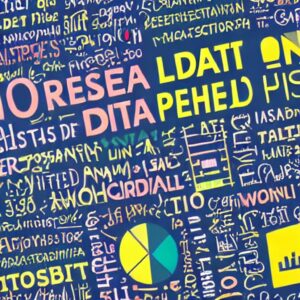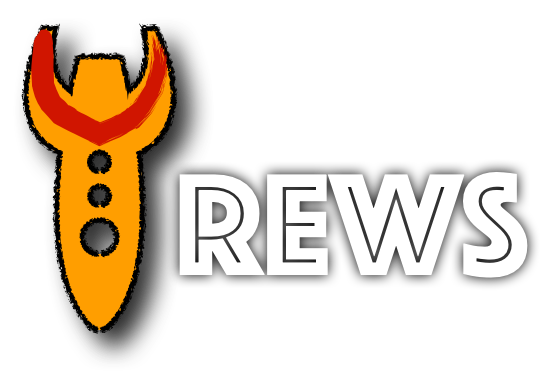Data science has emerged as a powerful tool in the world of research, helping scientists to unlock insights and trends that were once impossible to detect. In this blog, we’ll take a look at how data science is transforming the world of research and what you can do to get started.

What is Data Science?
Data science is an interdisciplinary field that combines techniques from statistics, computer science, and other related fields to analyze and interpret complex data sets. With the help of sophisticated algorithms and machine learning models, data scientists are able to identify patterns and trends that would be impossible to detect with traditional analysis methods.

Data Science in Research
Data science is playing an increasingly important role in research across a wide range of fields. From healthcare to finance, researchers are using data science techniques to extract insights and identify trends that can inform decision-making and drive innovation. In healthcare, data science is being used to analyze medical records and clinical trial data to identify patterns and correlations that can help doctors make better diagnoses and treatment decisions. In finance, data science is helping to identify patterns in financial markets and predict future trends, which can inform investment decisions and improve risk management strategies.

Getting Started with Data Science
If you’re interested in exploring the world of data science, there are a few key steps you can take to get started. First, you’ll need to develop a strong foundation in statistics and computer science. This can be done through online courses, textbooks, or university programs.
Once you have a strong foundation in these areas, you can start to explore specific data science techniques, such as machine learning and data visualization. There are a variety of tools and platforms available to help you get started, including Python, R, and Tableau.
Process
A brief explanation of the process involved in data science research:
- Define the Research Question: The first step in any research project is to define a clear and specific research question. This will guide the rest of the research process and ensure that you are focused on a specific problem or objective.
- Collect and Clean Data: Once you have defined your research question, you will need to collect and clean relevant data. This may involve gathering data from various sources, cleaning and transforming the data into a usable format, and dealing with missing or inconsistent data.
- Explore and Visualize the Data: With your data in hand, the next step is to explore and visualize it. This can involve running basic statistical analyses, creating charts and graphs, and using visualization tools to gain insights into the data.
- Develop and Test Hypotheses: Based on your initial exploration of the data, you may develop hypotheses about patterns or relationships in the data. You will then need to test these hypotheses using appropriate statistical methods.
- Build and Evaluate Models: Once you have tested your hypotheses, you can begin building and evaluating models to predict future outcomes or estimate unknown values. This can involve using machine learning algorithms or other predictive modeling techniques.
- Communicate Results: Finally, you will need to communicate your results to others in a clear and understandable way. This may involve creating visualizations, writing reports, or presenting your findings at conferences or other events.
Data science research involves a cyclical process of defining research questions, collecting and cleaning data, exploring and visualizing the data, developing and testing hypotheses, building and evaluating models, and communicating results. The process may be iterative, with each step building on the results of the previous step, until a final set of insights and conclusions is reached.

Conclusion
Data science is transforming the world of research, unlocking insights and trends that were once impossible to detect. By developing a strong foundation in statistics and computer science, and exploring specific data science techniques, you can start to unlock the power of data in your own research projects. So why wait? Start exploring the world of data science today!
#DataScienceResearch, #BigDataAnalysis, #MachineLearningInsights, #DataDrivenDiscoveries, #AnalyticsForInnovation, #InsightsFromData, #ResearchDataMining, #DataScienceForGood, #PredictiveModeling, #ExploringDataWorld, #DataVisualization, #InnovativeResearchMethods, #DataDrivenDecisionMaking, #AdvancedDataAnalytics, #RealTimeDataInsights, #DataScienceInAction, #DiscoveringDataPatterns, #UnleashingDataPower, #DataDrivenSolutions, #ArtificialIntelligenceResearch

